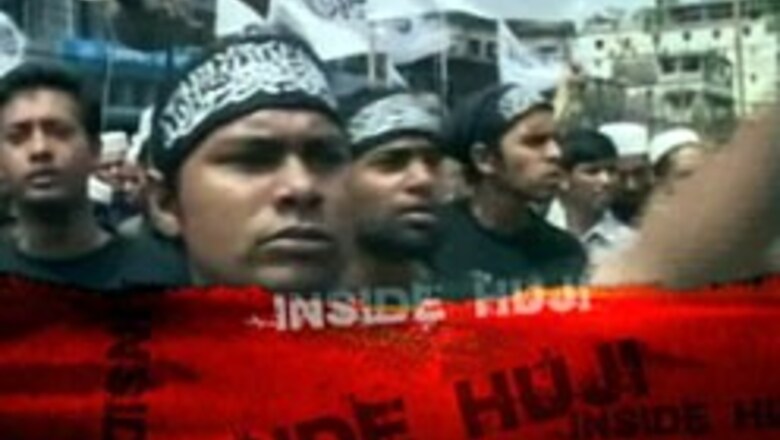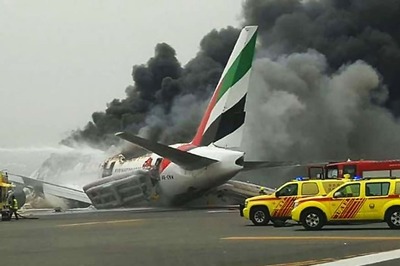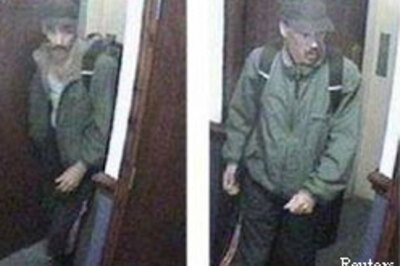
views
Dhaka: The US has blacklisted extremist outfit Harakat-ul-Jihad-i-Islami Bangladesh (HuJI-B), suspected of involvement in bomb attacks in India and other countries, as a 'global terrorist organisation'.
With HuJI-B being named as a 'specially designated global terrorist organisation', the US financial institutions will now be required to freeze assets and properties of the outfit that are in the US or 'within the control of US persons', a US embassy statement said in Dhaka.
It said HuJI chief Mufti Abdul Hannan, arrested by Bangladesh authorities, had in February 1998 issued a fatwa sponsored by Osama bin Laden that declared American civilians to be legitimate targets for attack.
"Since then HuJI-B has been implicated in a number of attacks in Bangladesh and abroad," the statement said
The statement signed by US Secretary of State Condoleezza Rice, also praised Dhaka's anti-militant campaign, saying "Bangladesh has been a strong partner of the United States in fighting terrorism, and has taken effective action to bring HuJI terrorists to justice and to prevent further attacks."
Arrested HuJI-B leader Abu Zandal had recently told Bangladeshi authorities that the outfit had sent several consignments of grenades to Lashkar-e Toiba militants for carrying out attacks in India until 2004.
Bangladesh, which has already banned HuJI-B that has been pressing for Islamic rule in the country, immediately reaffirmed its position against terrorism.
"Bangladesh wants to reiterate its strong position against all types of sabotage and terrorism," Bangladesh Home Ministry Additional Secretary Abdur Rashid said on Friday evening.
Rashid said HuJI-B, blamed for the 2004 grenade attack on a rally of Awami league leader Sheikh Hasina, did not have any organisational strength as its 64 operatives, including Hannan, had been arrested while efforts were on 'to arrest others involved with the outfit'.
The official also said that any 'covert or overt activity' by any terrorist organisation will be dealt with an iron fist. HuJI-B is also believed to have carried out several other grenade attack including one on British High Commissioner Anwar Chowdhury on May 21, 2004 in northeastern Sylhet.
The outfit had announced its emergence on April 30, 1992 in Bangladesh with a press conference where it had boasted about its role in the Afghan war.



















Comments
0 comment